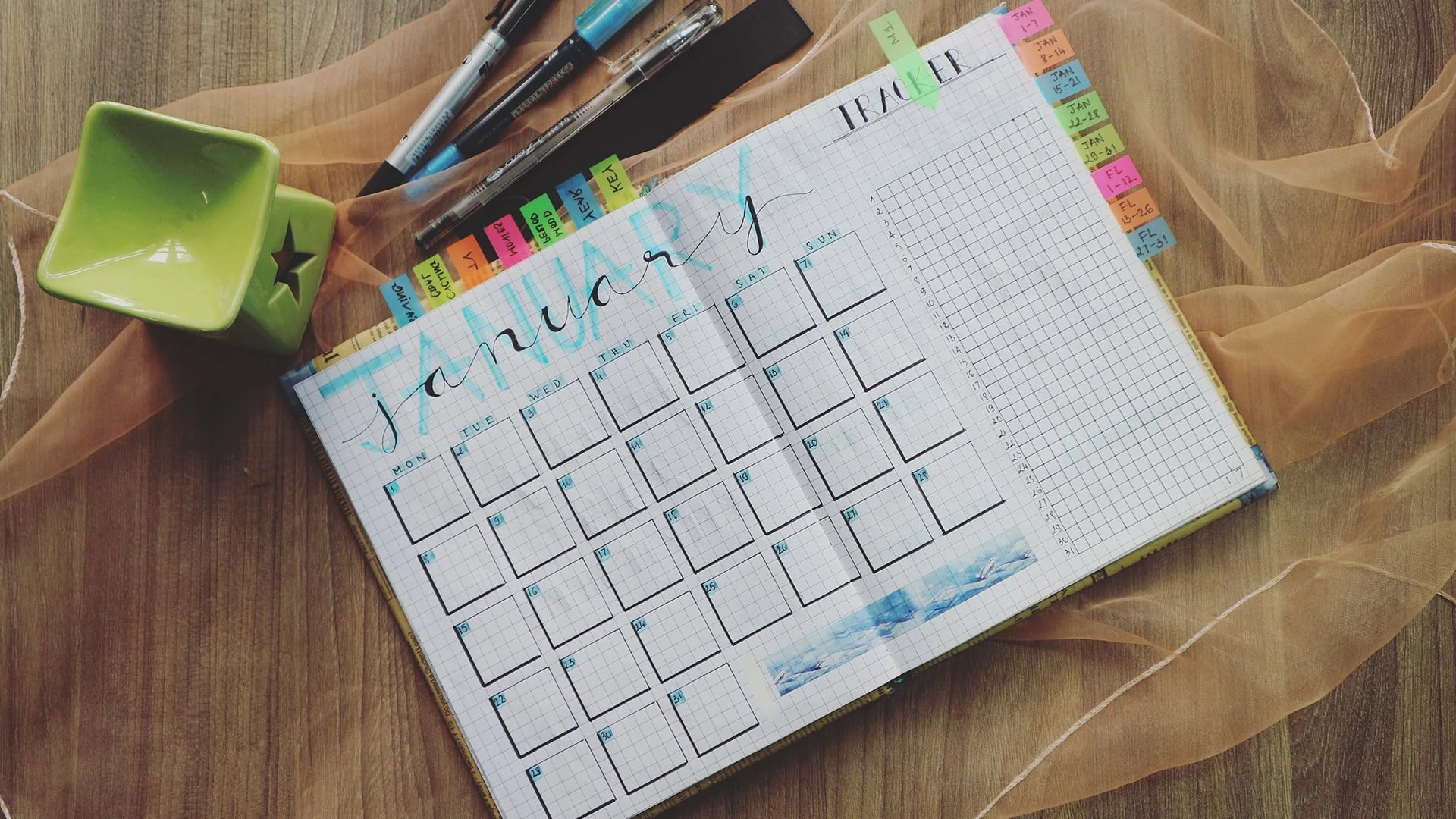The techniques covered in this article will help you to maintain your focus and your concentration for long periods but ultimately this is still very ‘reactive’ – you’re still effectively fighting against the urge to break focus.
In other words, we can still do better.
And one way you can accomplish this is going to be by setting yourself up for success at the start of the day by creating a schedule that will help you to stay on-task and to get the most done.
So how do you go about this?
Starting the Day
The first thing to do is to start the day with the right tasks. And actually, this has a lot to do with how you end the day. A good tip you see, is to end your day by leaving one task at least incomplete. This might sound like the last thing you should be doing but in fact it can have a very positive impact. Why? Because when you leave a job unfinished, it creates a psychological imperative to finish it first.
We hate leaving jobs unfinished and if something is half done, this creates a big urge to finish working on it as soon as possible. And this is incredibly valuable because once you begin your work; you’ll find that it helps get you into the flow. Like starting your car, starting working is actually what takes the most effort and is the most difficult in many cases.
An alternative option is to complete a fun and easy task first. Again, this goes against what many of us think of as the smartest move – often we feel inclined to start by completing the most difficult and unpleasant task so it is ‘out the way’. Do this though and you’ll often find you end up putting off getting started. Instead, start with the fun and enjoyable job, and you’ll be able to ease yourself in gentler.
Niggling Tasks
Another tip is to try and remove the most niggling and frustrating tasks from your schedule early on. Let’s say for instance that you need to call a client or a partner and have a difficult conversation about some work you’re delivering late. Many of us will put this off continuously but in doing so, we actually only end up making life worse for ourselves.
The longer you put off completing these tasks, the longer they’re going to play on your mind and distract you from what you need to be doing. Remember everything we discussed regarding the neuroscience of concentration. When you have these ‘open loops’ (as Tim Ferris calls them) you have lots of additional, small things pulling at your attention and directing it away from the bigger and more important tasks you need to be focused on.
Likewise, when you have lots of small things playing on your mind, it makes it impossible to get into a state of flow as you’ll constantly be interrupted. So close the open loops as quickly as possible and free up the maximum amount of mental energy to focus on single, big tasks for long periods. Call those clients; send e-mails and completely annoying little jobs. Then sit down with a cup of coffee and start focusing on the big stuff.
Zombie Work
What is ‘zombie work’?
Zombie work is any work you need to do that doesn’t require your full attention or at least doesn’t require you to be highly focused. Writing an e-mail for instance is not an example of zombie work. Why? Because that requires you to use the creative parts of your brain and to really focus on what you’re doing. On the other hand, stuffing envelopes or doing data entry are examples of zombie work.
To put it another way: zombie work is anything you can do equally well with the TV on in the background.
This is actually a particularly useful type of work as it allows you to fill time when you won’t have your full attention available. If you’re tired first thing in the morning, or last thing at night and you really can’t focus, then you can use your ‘zombie work’ to stay productive without taxing yourself.
You can also strategically place zombie work in between your longer work projects to give yourself a bit of a chance to recover mentally. Or how about using it to make the most of time when you’re going to be forced to multitask?
Setting Rewards
When you first get into work, what is the first thing you do? For a lot of people, the answer is that they check their emails to see if anything important has come through. Again this sounds smart but it’s not a good idea.
Unfortunately, when you check emails as the first thing you do in the day, you’ll set yourself up to be in a ‘reactive’ state rather than a proactive one. What’s more, you’ll be quite likely to end up spending tons of time on it.
And there’s also a good chance that you’ll end up checking the email again later. And again. And again.
Instead then, try turning your e-mail into a ‘reward’ for good work. Not only will this spur you on to work harder but it will also mean that you don’t have lots of interruptions. Let’s say you have 10,000 words to write in a day.
Tell yourself that you can only check your email after you’ve written 2,000 words. Want a cup of tea? That will be another 1,000 words. Want to check Facebook for ten minutes? That’ll cost you 5,000 words. Now, instead of wasting hours checking your email, browsing Facebook and making tea, you’ll only do those things once you’ve written 8,000 words and you’re almost finished. It makes a huge difference so try it!
Discover more from Personal Blog of Richard Tong
Subscribe to get the latest posts sent to your email.




